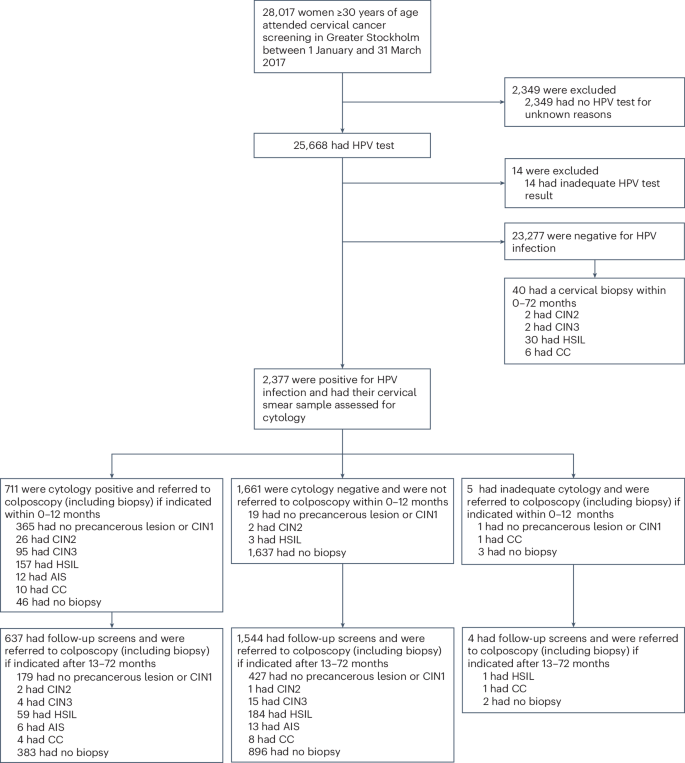2024-04-06 カロリンスカ研究所(KI)
<関連情報>
- https://news.ki.se/how-stress-knocks-out-your-cognitive-reserve
- https://alz-journals.onlinelibrary.wiley.com/doi/10.1002/alz.13866
認知予備能、コルチゾール、アルツハイマー病バイオマーカー: メモリークリニック研究 Cognitive reserve, cortisol, and Alzheimer’s disease biomarkers: A memory clinic study
Manasa Shanta Yerramalla, Alexander Darin-Mattsson, Chinedu T Udeh-Momoh, Jasper Holleman, Ingemar Kåreholt, Malin Aspö, Göran Hagman, Miia Kivipelto, Alina Solomon, Anna Marseglia, Shireen Sindi
Alzheimer’s & Dementia Published: 04 June 2024
DOI:https://doi.org/10.1002/alz.13866

Abstract
INTRODUCTION
Cognitive reserve might mitigate the risk of Alzheimer’s dementia among memory clinic patients. No study has examined the potential modifying role of stress on this relation.
METHODS
We examined cross-sectional associations of the cognitive reserve index (CRI; education, occupational complexity, physical and leisure activities, and social health) with cognitive performance and AD-related biomarkers among 113 memory clinic patients. The longitudinal association between CRI and cognition over a 3-year follow-up was assessed. We examined whether associations were influenced by perceived stress and five measures of diurnal salivary cortisol.
RESULTS
Higher CRI scores were associated with better cognition. Adjusting for cortisol measures reduced the beneficial association of CRI on cognition. A higher CRI score was associated with better working memory in individuals with higher (favorable) cortisol AM/PM ratio, but not among individuals with low cortisol AM/PM ratio. No association was found between CRI and AD-related biomarkers.
DISCUSSION
Physiological stress reduces the neurocognitive benefits of cognitive reserve among memory clinic patients.
Highlights
- Physiological stress may reduce the neurocognitive benefits accrued from cognitively stimulating and enriching life experiences (cognitive reserve [CR]) in memory clinic patients.
- Cortisol awakening response modified the relation between CR and P-tau181, a marker of Alzheimer’s disease (AD).
- Effective stress management techniques for AD and related dementia prevention are warranted.


